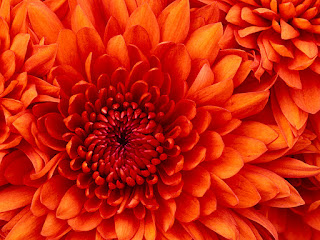இந்தியாவின் தவறுகள் என்ற எனது தலைப்பே உங்களுக்கு நான் சொல்ல வருவதை தெளிவுபடுத்தும். இத்தலைப்பின் கீழ் நான், நீங்கள் மற்றும் நாம் என அனைத்து இந்தியர்களும் அடங்குவர். உலகின் ஒட்டுமொத்த சமூக அவலங்களும் நித்தம் நடைபெறும் நம் நாட்டை அறிய முற்படுவோம்.
Mistakes of India
Saturday, 18 July 2015
Politics in India
Politics in India take place within the framework of its constitution, as India is a federal parliamentary democratic republic in which the President of India is the head of state and the Prime Minister of India is the head of government. India follows the dual polity system, i.e. a double government which consists of the central authority at the centre and states at the periphery. The constitution defines the organization, powers and limitations of both central and state governments, and it is well-recognized, rigid and considered supreme; i.e. laws of the nation must conform to it. There is a provision for a bicameral legislature consisting of an Upper House, i.e. Rajya Sabha, which represents the states of the Indian federation and a lower house i.e. Lok Sabha, which represents the people of India as a whole. The Indian constitution provides for an independent Judiciary which is headed by the Supreme Court. The court's mandate is to protect the constitution, to settle disputes between the central government and the states, inter-state disputes, and nullify any central or state laws that go against the constitution.[1]
The governments, union or state, are formed through elections held every five years (unless otherwise specified), by parties that claim a majority of members in their respective lower houses (Lok Sabha in centre and Vidhan Sabha in states). India had its first general election in 1951, which was won by the Indian National Congress, a political party that went on to dominate the successive elections up until 1977, when the first non-Congress government was formed for the first time in independent India. The 1990s saw the end of single party domination and rise of coalition governments. The elections for the 16th Lok Sabha, held from April 2014 to May 2014, once again brought back single-party rule in the country, with the Bharatiya Janata Party being able to claim a majority in the Lok Sabha.
Subscribe to:
Comments (Atom)
